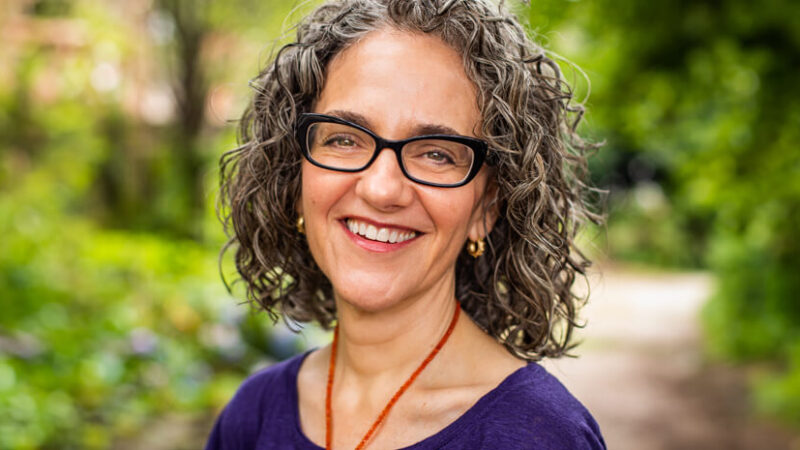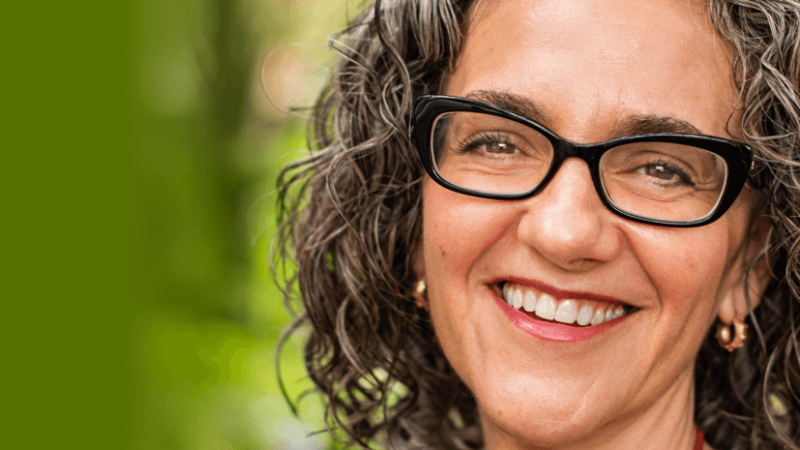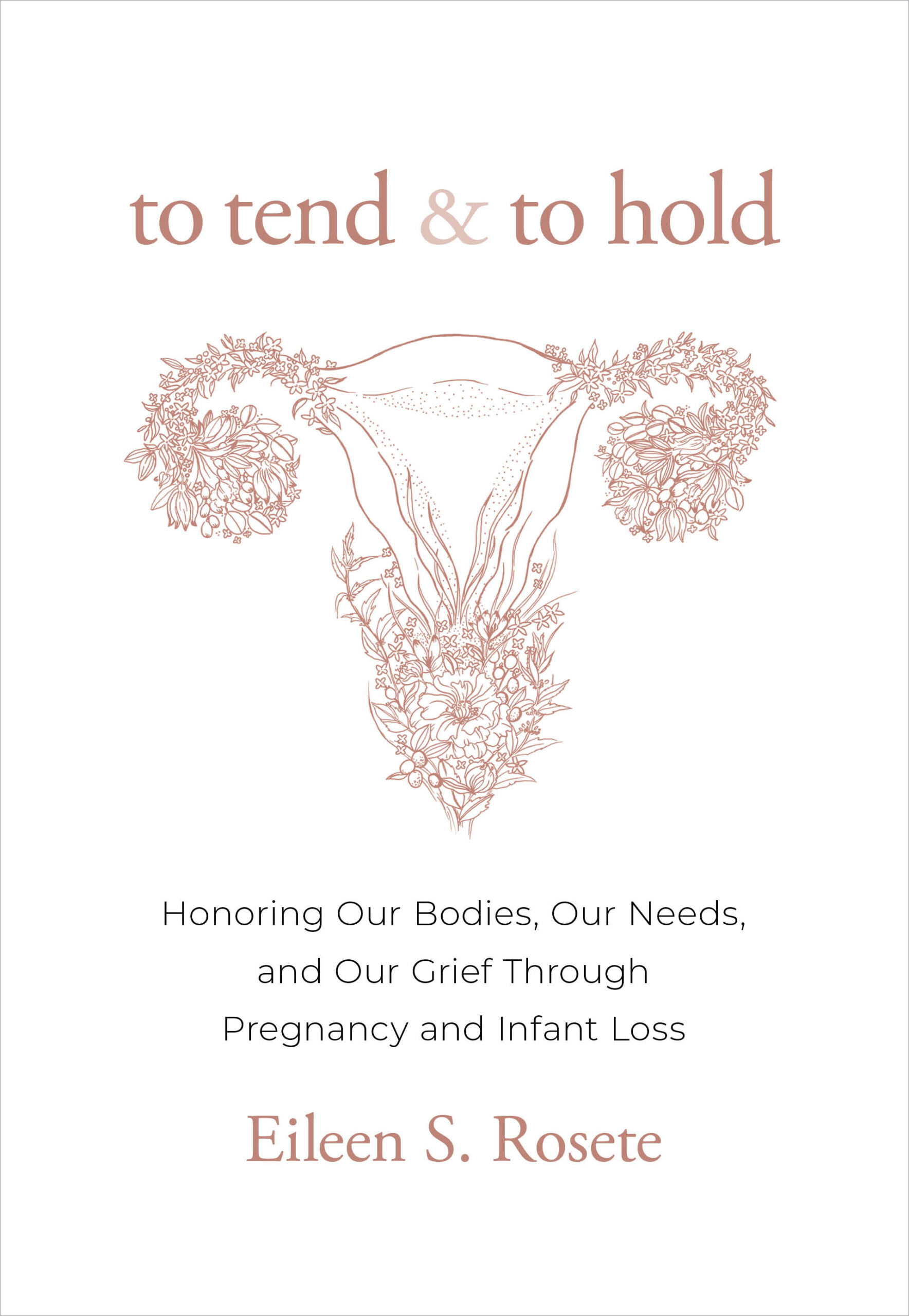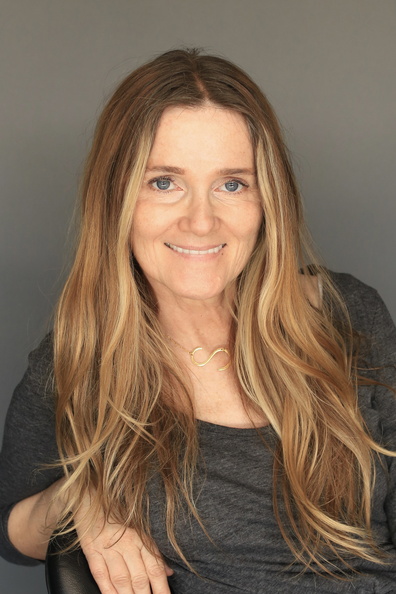An Excerpt From To Tend And To Hold: Honoring Our Bodies, Our Needs, and Our Grief Through Pregnancy and Infant Loss
For as long as there has been life, there has been death. For as long as we have birthed life, we have also birthed death. What you feel has been felt since time immemorial, and it has been felt by many, though womb loss is still not widely known or acknowledged. Consider that even in the most optimal conditions, there is only a 30 to 40 percent chance that a clinically recognized pregnancy will occur in a given menstrual cycle, and only about 30 percent of conceived pregnancies progress to live birth.1 Globally, approximately one in four pregnancies end in miscarriage and 2.6 million pregnancies end in stillbirth.2 In 2022, 2.3 million newborns died in the first month of life,3 and approximately 73 million induced abortions occur every year.4 Womb loss in and after pregnancy is, in fact, a common and regular occurrence, though many of us may struggle with feelings of inadequacy and shame as if such loss is atypical and we are deserving of blame. The prevailing stigma surrounding womb loss makes enduring it all the more challenging as we may feel reluctant to reach out for support and hold on to harmful ideas about our worth. You are not alone, nor are you any less precious and deserving of support. You are not alone as the anguish of womb loss has been felt, is being felt at this very moment, and will continue to be felt the world over.
Before we go any further, let us reconnect with our breath. It can be hard to breathe if you’ve recently learned about your womb loss or impending loss and feel pressure to make decisions right away. Or if you have learned of the potential for a loss and have to endure a waiting period before you know for certain. It can be hard to breathe even as you process a loss long since passed. The following practice is an invitation to make the resilient choice to slow down and allow yourself a moment to breathe. So that you can feel grounded. So that you can have the capacity to be present to your grief. So that you can tend to your needs.
GROUNDING BREATHING PRACTICE
Three Deep BreathsThis offering is a simple and short breathing practice. Because you deserve breathing room, and because there is power in the pause. In that fleeting moment between what was and what can be, if you can breathe deeply and connect with your body, you may find yourself more able to understand what you feel and then what you need. Allow yourself this pause so you can make a more intentional decision about what comes next.
The Invitation
When you are ready, take three deep breaths at your own pace and in your own way. You might inhale and exhale through the nose or inhale through the nose and exhale audibly through the mouth. You might close your eyes or soften your gaze as you do so, allowing your awareness to gently follow each breath, letting everything else fade to the background. You might even think the following words as you breathe, allowing them to help you feel grounded in this moment.
Inhale. Exhale. One.
Inhale. Exhale. Two.
Inhale. Exhale. Two.
Your body may want to continue breathing this way, or it may feel like this was enough. Honor what feels right for you.
Sometimes breathing is the most we can bring ourselves to do, the best we can do, when our whole being is overcome. Deciding what comes next may feel like too much to ask of ourselves. If so, breathe, and trust that it is enough for this moment.

















